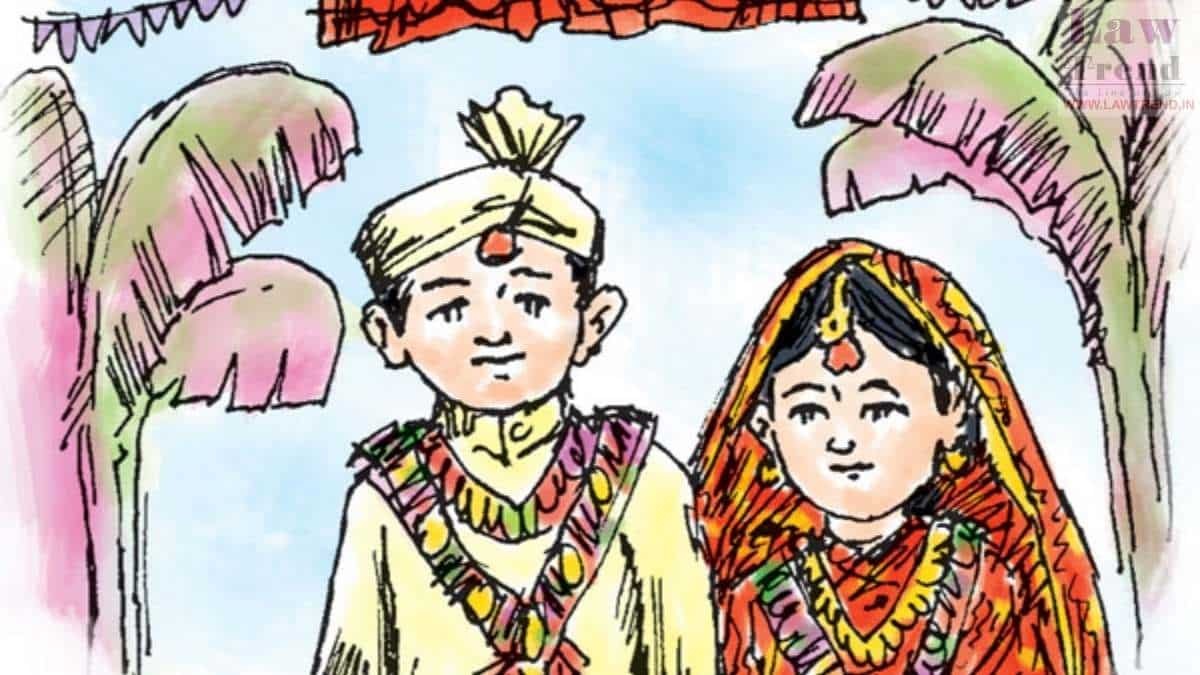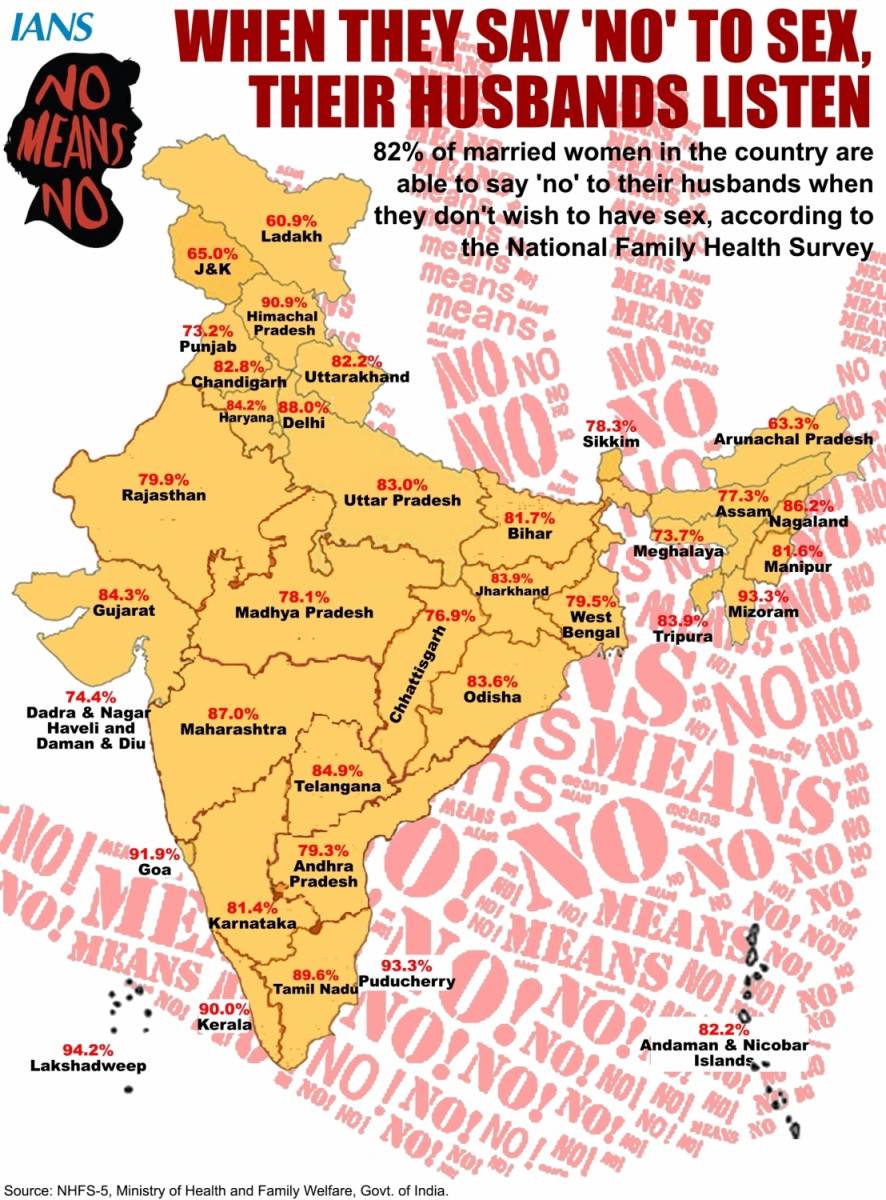The Supreme Court judgement is remarkable for the reason that it puts judiciary and the society on the same side of the fence in prescribing a multifaceted approach to deal with a social ill that had continued to affect millions of young girls and boys despite the presence of a law — PCMA 2006, criminalising child marriage, writes D.C. Pathak
The October 18 order of the Supreme Court on child marriage and the arguments it heard on October 21 in the case about the legal validity of the so-called ‘marital rape’, are both significant so far as they pertained to a possible intervention of judiciary in matters that weighed in individual’s rights against the mandate set by socio-cultural outlook and customs.
A three-judge bench headed by the then Chief Justice of India D. Y. Chandrachud, filled a loophole in the Prohibition of Child Marriage Act (PCMA), 2006, when it declared on October 18 that child ‘betrothals’ used as a clever ploy to duck punishment under the Act, violated basic rights of ‘free choice, autonomy and childhood’ and urged the Parliament to outlaw them.
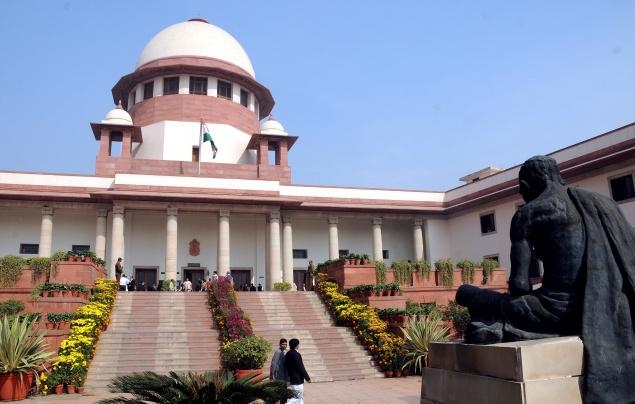
Showing a deep understanding of the nature of this social malaise the apex court placed emphasis on ‘prevention’, saying that ‘prosecution’ alone was ineffective in bringing about a social change. It pointed out that PCMA was a social legislation which needed the collective efforts of all stakeholders for its success.
The Centre had moved the PCM (Amendment) Bill in December 2021, seeking precedence of the Act over personal laws which was pending with the concerned Standing Committee of Parliament.
The Supreme Court taking note of this, declined to extend the child marriage ban to all faiths leaving it to Parliament to legislate on it but as already mentioned, did recommend prohibition on child betrothals that were favoured by some communities in the name of protecting the girl child. This practice somewhere reflected in the innate thinking in society about considering a girl as a ‘burden’ to be passed on to someone else through marriage.
Even with the advancement of society towards acceptance of a ‘small family’ and realisation of the importance of ‘education for all’, the average family still fell for the social malady of following a differential between a boy and a girl when it came to spending its resources on their upbringing.
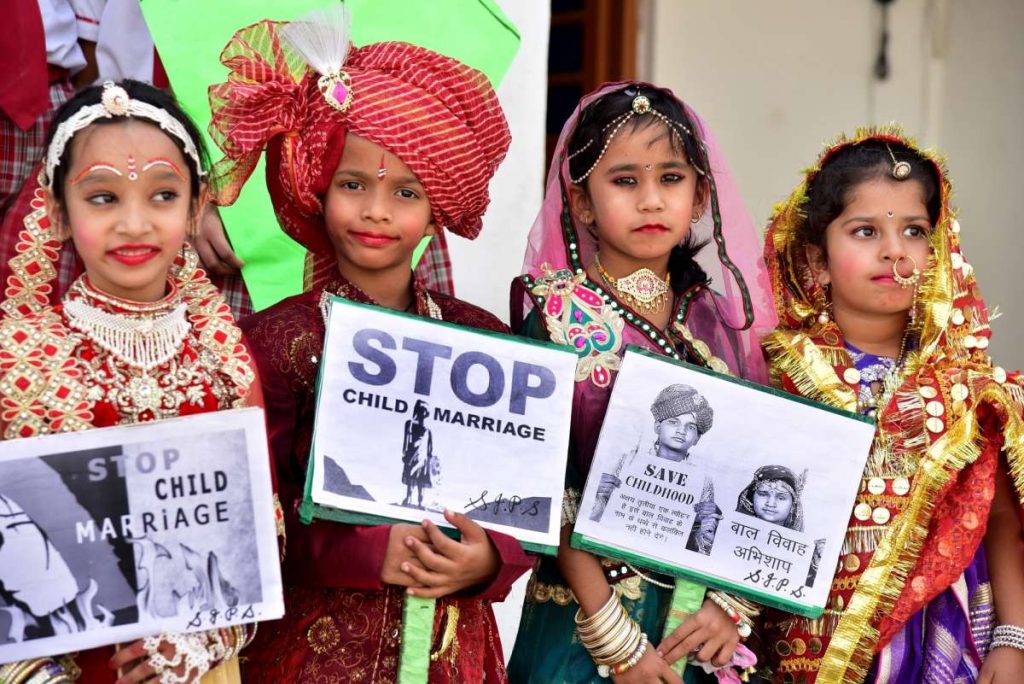
If child marriage is indefensible from all angles then the apex court was expected to ban it for all communities; it seems however, that the Supreme Court did not want a judicial diktat to settle a socio-political problem and favoured an evolution of law in this regard through the Parliamentary process, as would befit a democratic dispensation.
The Supreme Court judgement is remarkable for the reason that it puts judiciary and the society on the same side of the fence in prescribing a multifaceted approach to deal with a social ill that had continued to affect millions of young girls and boys despite the presence of a law — PCMA 2006, criminalising child marriage.
The ruling calls for stronger enforcement and enhanced accountability. Significantly, it recognises that both girls and boys suffered because of child marriage: girls faced physical and emotional abuse while boys were exposed to new pressures and responsibilities that altered their entire course of life.
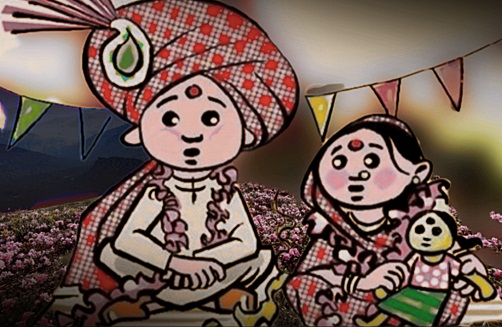
The Supreme Court ordered the appointment of dedicated Child Marriage Prevention Officers (CMPOs) across the districts to focus on the prevention of child marriages and also specially empowered District Magistrates and Superintendents of Police to prosecute individuals who facilitated or promoted such marriages. On the whole, the Supreme Court admirably underlined the need for a shift in social attitudes on child marriage while endorsing stringent legal measures against the malady.
Another matter of deep cultural significance being currently examined by the Supreme Court is the exception in Section 375 sub-clause (2) of IPC repeated in Section 63 (2) of the Bharatiya Nyaya Samhita (BNS) enacted in December 2023, according to which, non-consensual intercourse by a husband with his wife, provided she was not less than 15 years as mentioned in IPC and revised to 18 years in BNS, was excluded from the definition of rape.
A three-judge divisional bench headed by Chief Justice Chandrachud began the hearing of petitions against the exception, termed by the petitioners as ‘marital rape’, on October 17.
The petitioners sought criminalisation of marital rape whereas the Centre has taken the stand that punishment of non-consensual sex in wedlock will impact conjugal relationships and lead to ‘serious disturbances’ in the institution of marriage. There was also a concern that there might be misuse of the provision of consent as it would be difficult for the husband to prove it.
The Supreme Court held the last hearing on October 22 to examine the constitutional validity of a law that granted immunity from prosecution to a husband who forced his wife, not a minor, to have sex with him. On October 23, the court adjourned the case by four weeks as Chief Justice Chandrachud was retiring on November 10, compelling a reconstitution of the Bench.
This case illustrates the legal and social nuances that the Supreme Court went into by way of raising questions that were truly instructive. The court asked if domestic violence including wrongful confinement and cruelty preceding the forced consent was punishable, then how could the act of sex in that situation be exempted from legal liability?
The Chief Justice wondered if making this kind of sex act a punishable offence would not amount to creating a new penal provision by the judiciary that was not under its purview.
In the Indian context, the pre-intercourse aggressiveness and even violence are not uncommon. It is also possible that a certain kind of submissiveness on the part of the wife, traceable to gender inequality, existed across many sections of society.
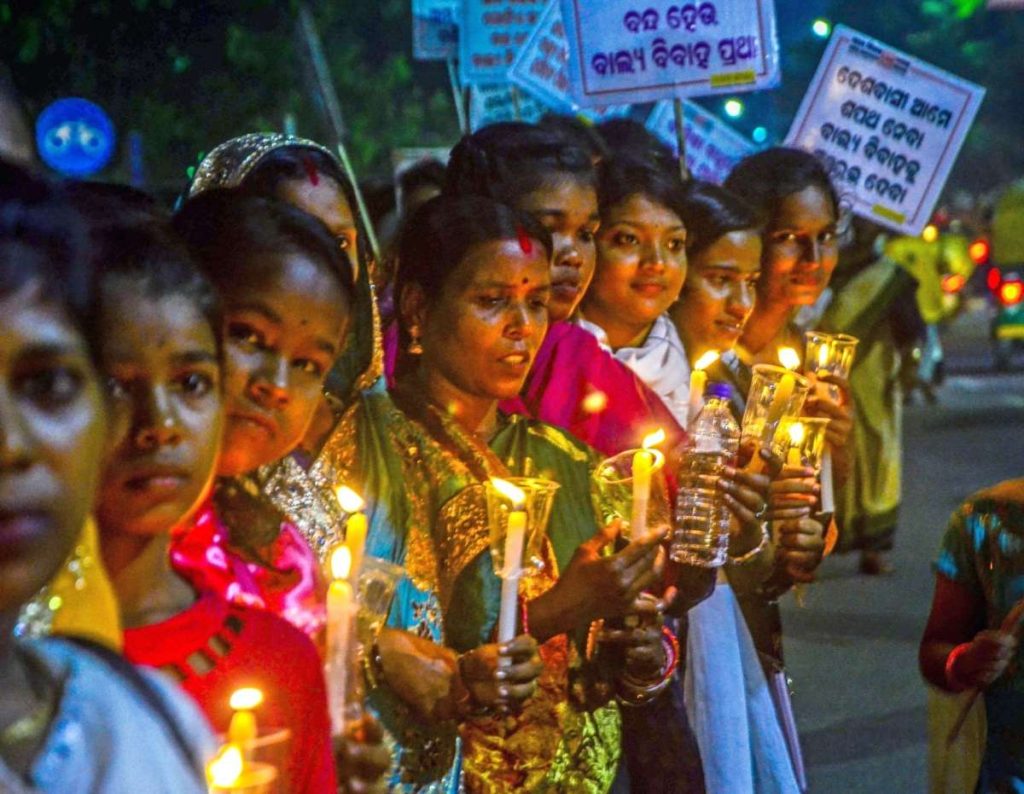
The spread of education and financial independence still eluded many Indian women. Cultural legacies governed the institution of marriage in India and what prevailed generally in the economically developed societies of the West was not necessarily an ideal comparison. Also, it can be presumed that wherever ‘marital rape’ was reported as an offence it would certainly result consequentially in a divorce.
In the case before the Supreme Court, one of the petitioners pleaded that exception to marital rape violated the right to equality and privacy while another linked the exception to the tradition of ‘patriarchy’ that was against the ethos of the Constitution.
The Centre’s stand seemed to accommodate the Indian cultural tradition in the modern approach to marriage. In its petition the Centre made out that the idea of consent had to be viewed differently in marriage since there was ‘an expectation of reasonable sexual access from one’s spouse’ and this made it ‘excessive and disproportionate’ to punish a husband under anti-rape laws.
The government at the same time firmly declared that there was no compromise with criminality associated with domestic violence and cruelty. This case before the Supreme Court, like the one pertaining to child marriage, is testing the merit of judicial intervention in matters that were on the borderline of customs and cultural tradition on one hand, and the modern law on the other. It is to be seen if as in the other case, Supreme Court adopts a reformative approach in interpreting the Penal Code on the issue of marital rape too.
(The writer is former Director of the Intelligence Bureau. Views are personal)
ALSO READ: Moldova seeks deeper education ties with India
ALSO READ: India Welcomes Israel-Lebanon Ceasefire
